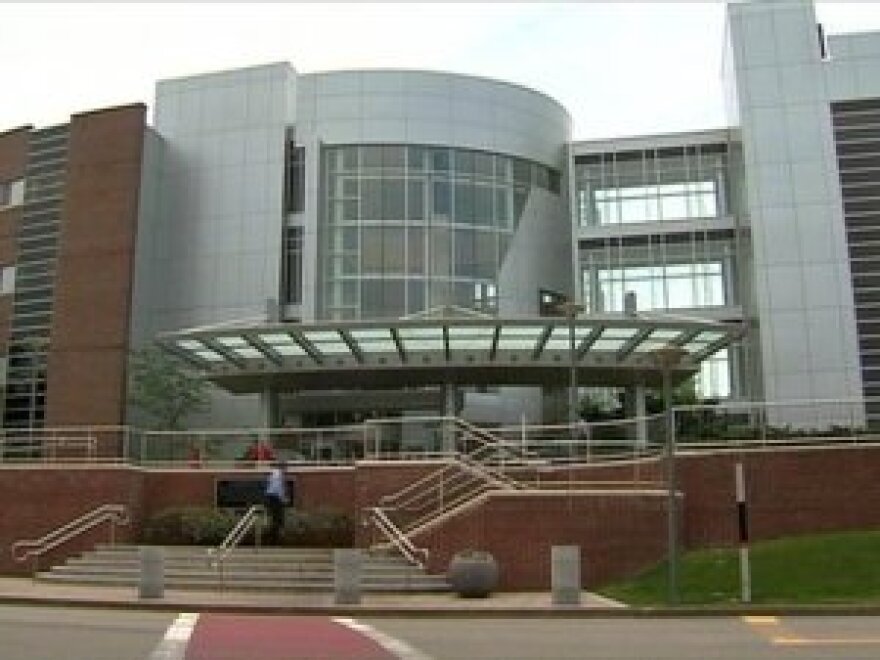Suicide is the second leading cause of death among adolescents and young adults in New Hampshire, according to the National Alliance on Mental Illness.
Exeter Hospital recently endorsed an initiative for suicide prevention as a part of a five-year strategy to address the on-going issue in the state.
Morning Edition Host Rick Ganley spoke with Debra Vasapolli, director of community relations for the hospital, about the Zero Suicide initiative.
(Editor's note: this transcript has been edited lightly for clarity.)
Let’s break down the Zero Suicide initiative for our listeners. How does this work? And how does this aim to prevent suicide?
So this is a framework. It’s a model that’s not only been deployed here, across the United States, but it’s also an international model. Up to 88 percent of people who die by suicide have had contact with their primary care provider in the year prior to their death.
That’s a surprising statistic. I did not know that.
It’s a surprising statistic. And then what we learned is that up to 66 percent have had contact with their primary care physician in the month prior to their suicide. So the concept behind the Zero Suicide initiative is looking at healthcare and behavioral healthcare organizations to implement and start to screen patients at every interaction with their provider. So the understanding is that if we can identify somebody who may be with their primary care physician for another health issue, but at the time they may be having suicidal ideation, or they may be at risk, if we can screen that person at every interaction, perhaps there can be an intervention when somebody really is at risk in that area.
So I imagine not only does this initiative encompass letting people know about this and screening at every interaction, but I imagine there had to be community resources for people who do screen for it. And you need to hand them off to a behavioral specialist. How does that work?
That’s correct. It’s a really important part of this process is to have a care pathway. So the implementation of Zero Suicide takes some time, because we have to have care pathways established so that if somebody identifies a patient at risk that they have a care pathway in place so that provider knows exactly what to do, and what the next step is for that patient. And so we have to have those behavioral healthcare individuals integrated into the organization as well.
Right, I imagine that follow up is so critical.
It’s so critical.
Yeah, what are some of the contributing factors to suicide being the second leading cause of death among young people in the state? I understand the age range is 10-34. It that correct?
That’s correct.
To me, that’s another stunning statistic.
It’s a stunning and alarming statistic. So what are the contributing factors? Depression, isolation, bullying, substance abuse – all of those things are potential factors.
I was wondering about younger people living in more rural areas of the state who might not have the best access to mental healthcare, and how could Zero Suicide potentially benefit them?
That’s the goal right there – is that not only our healthcare organization to implement Zero Suicide. But the initiative is that we’re getting much larger than just rolling this out in the Seacoast area. And so hopefully we’re capturing some of those individuals that are living in the more rural areas as well. Because the idea is to have everyone be aware that if they’re screening within their organization, or if they’re screening within every interaction, that hopefully we can make a difference.








